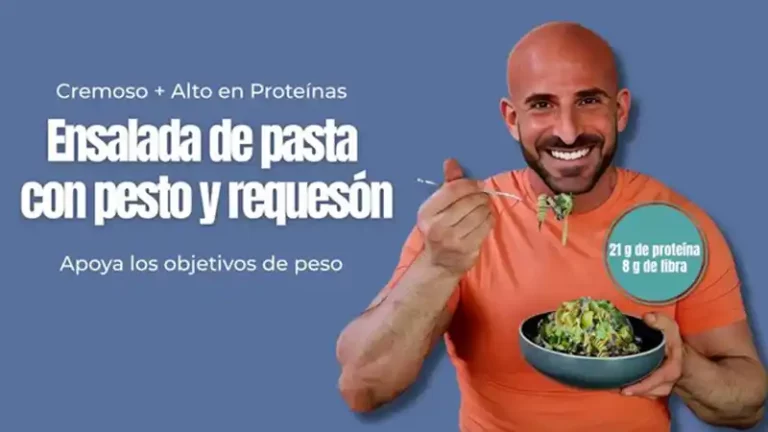Here’s a metaphor for you: say there is a power outage in your home: what do you do? You go for the backup plan which is your emergency generator. The generator provides a fraction of energy for your critical needs and now this backup plan is working….for the moment.
So now let’s talk about our bodies. Just so you know, our systems do an amazing job of keeping us in homeostasis, meaning at equilibrium. One organ I want to go into is our brain. Our brains only make up 2% of our body weight, but uses up 20% of the glucose in our systems for energy. Why such a large percentage? Well, this is because the brain isn’t just responsible for your thoughts, but pretty much every body process that goes on that you don’t even think about. It tells you when to inhale and exhale, regulates your body temperature, keeps your heart rate where it should be, sends hormones to where they should go and tells them when to go there. The brain is an extremely hard-working organ and glucose, which you get from carbohydrates, is the brain’s preferred source of energy to function properly.
If, for some reason, you go through starvation and you can’t eat any food, your brain will use the backup plan which is the use of ketone bodies for fuel. This also happens when somebody follows the ketogenic diet which a very low carb diet and because your brain is now not getting enough glucose, it will start using ketones as fuel. When this starts happening, it means your body is in a state of ketosis. So, what are ketones? Ketones are a byproduct of breaking down fats for energy when glucose is not available. This can be the fat from your diet or your body fat, depending on what is most readily available. Sounds like a good deal right? Your brain helps you burn fat without even trying! However, here’s the problem.
Ketones are a backup plan. You cannot light your house with the emergency generator for the rest of your life. It is not natural for your brain to use ketones or your body to be in ketosis: this is a survival mechanism. I understand that some ketogenic promoters who call themselves “experts” on this topic will tell you that your brain will adapt. However, you should know the potential side effects as you’re going through this adaptation. You are at risk of low energy, dehydration, foggy thinking, lack of sleep, dizziness, and constipation. Nutrient deficiencies are also possible because many carbohydrates like whole grains, dairy, fruits and vegetables contain key nutrients needed for health. Constipation is common because of the lack of fiber in combination with dehydration and your gut health is adversely affected as well on the ketogenic diet.
Some of ketogenic diet experts will tell you to just deal with these symptoms for the first month or two, but do you really want to put yourself through all of that for just a couple of pounds of weight loss? Short term ketosis is totally safe and even natural (such as the few hours you may go until lunch if you skipped breakfast that morning), but the long-term, intentional ketosis perpetuated from a full blown diet can be a big problem with extreme cases leading to coma or even death.
Several studies have shown the ketogenic diet is not effective for long term weight loss. The side effects make it difficult to sustain and if you follow eating habits like getting your fats from saturated sources or cheating for even one meal (which breaks your ketosis) requires a lot of hard work and attention to detail. Can you imagine if you put that much energy into structuring a healthy diet that doesn’t literally starve your body? Basically, you and your body weight rebound aggressively when you stop your keto diet. It’s common sense. Fuel your brain the way it’s meant to be fueled – with carbohydrates and don’t cheat it with a backup plan.





